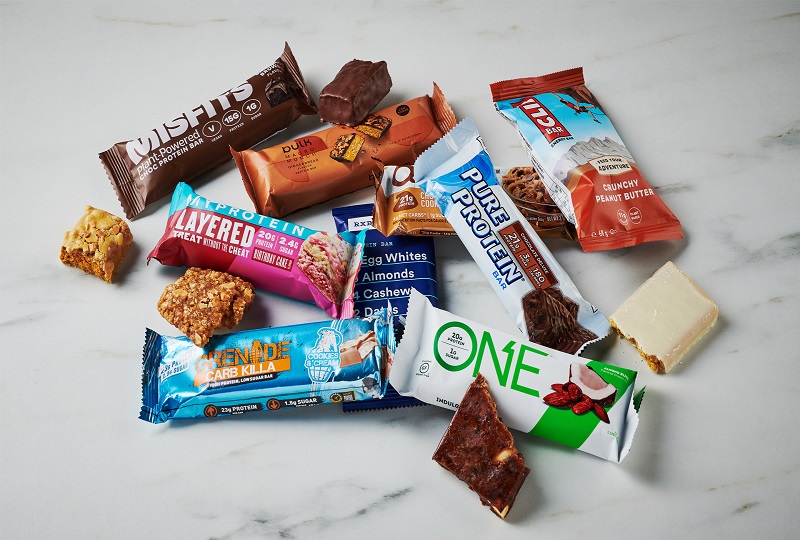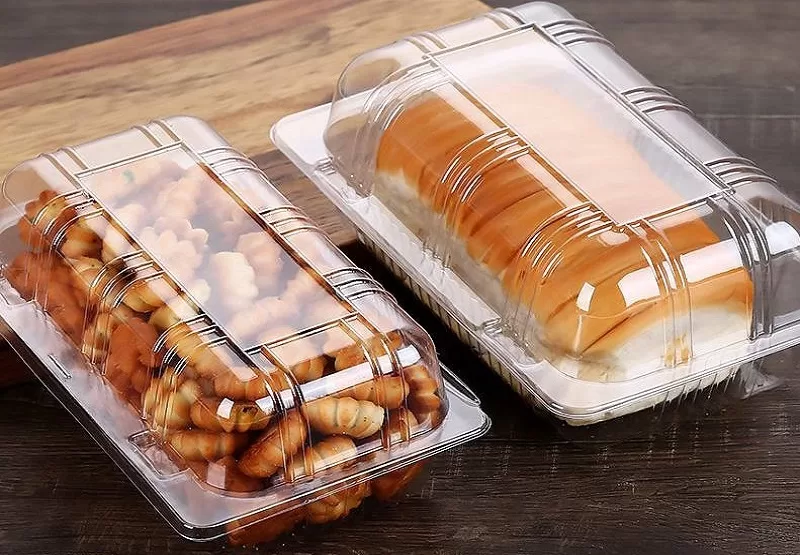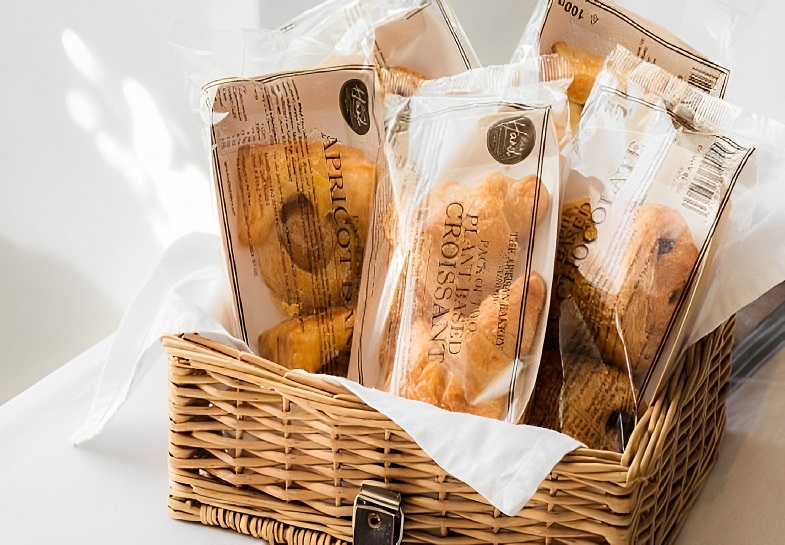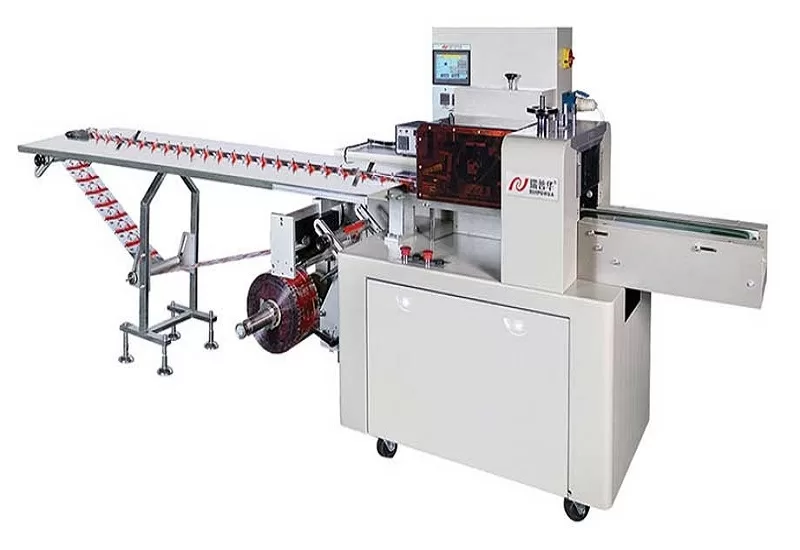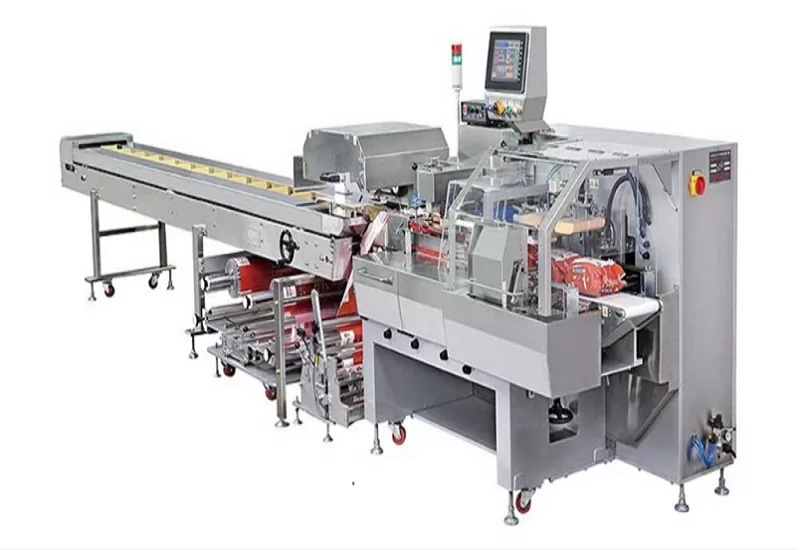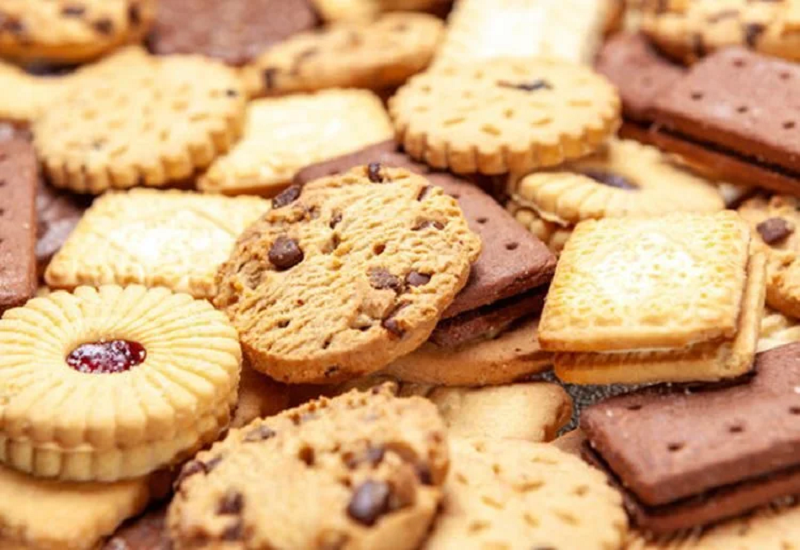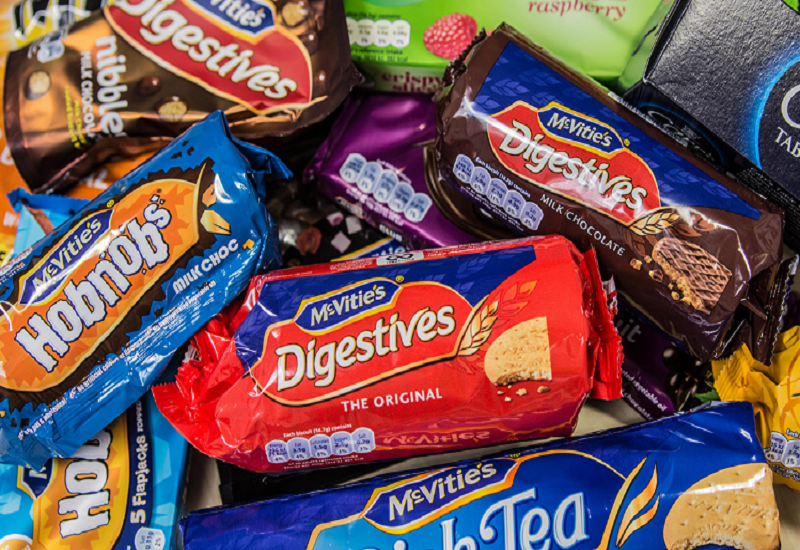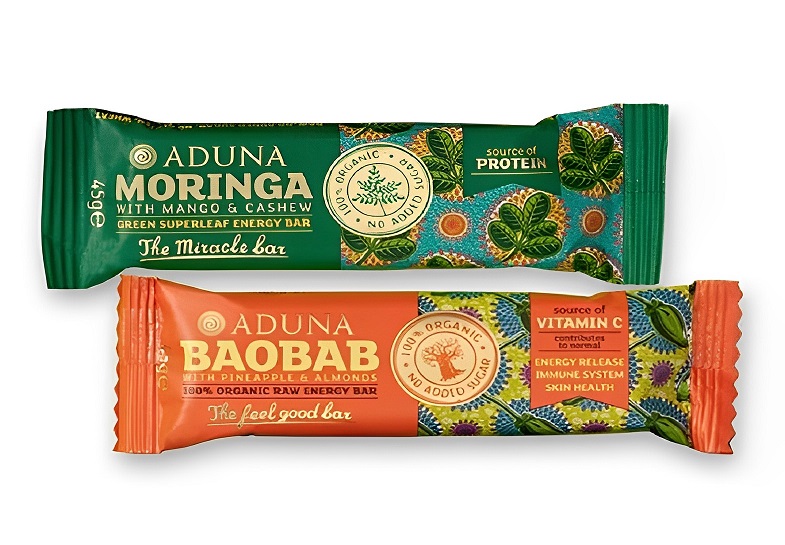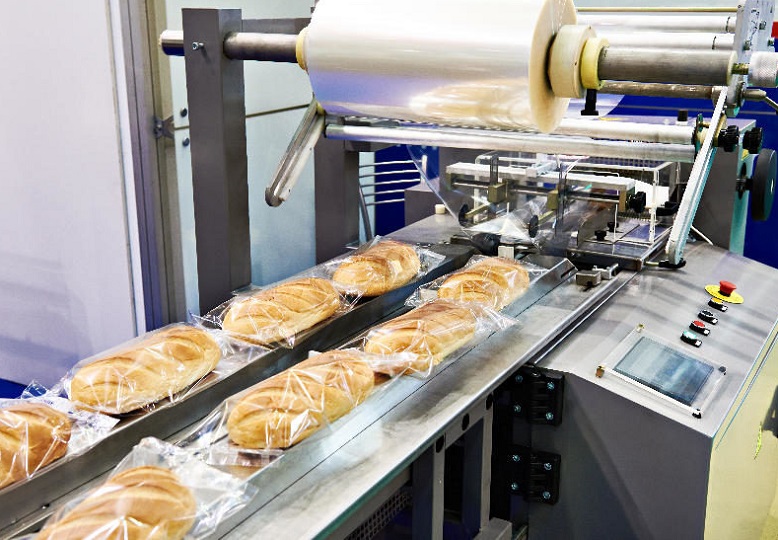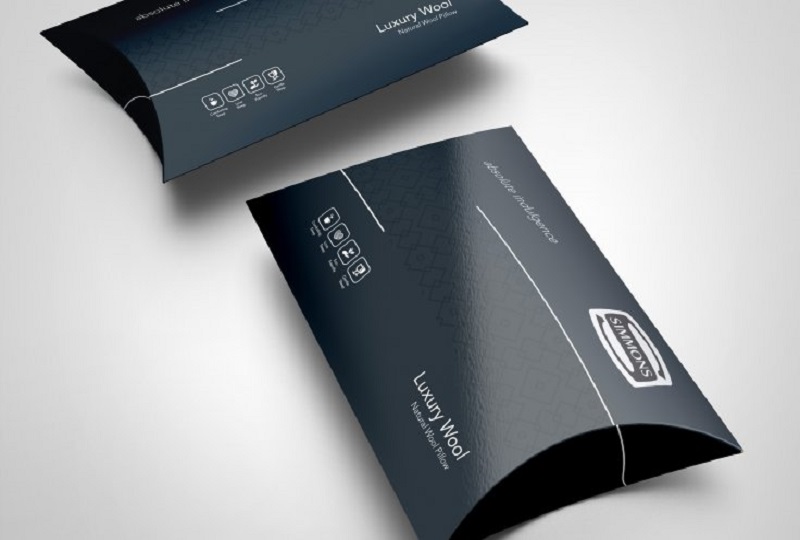The Evolution of Layer Cake Packaging Machines Over the Years
Introduction
The packaging industry has undergone a remarkable transformation over the years, and the evolution of layer cake packaging machines is a testament to this progress. In the early days, these machines were simple and rudimentary, but today they are highly sophisticated and efficient. This article explores the key advancements that have shaped the evolution of layer cake packaging machines, providing an in-depth understanding of their technological journey.
Early Manual Machines: The Humble Beginnings
The first layer cake packaging machines were manual, requiring significant human intervention. These machines were operated by skilled workers who manually placed the cake layers onto a conveyor belt. The operator would then manually fold the packaging material around the cake and secure it with tape or glue. This process was slow and labor-intensive, limiting the production capacity.
Automation in the 1950s: A Revolution in Packaging
The 1950s witnessed the advent of automation in layer cake packaging. The introduction of automated machines marked a significant turning point, enabling mass production and increased efficiency. These machines utilized conveyors and mechanical devices to transport the cake layers, fold the packaging material, and seal the packages. The automation significantly reduced labor requirements and increased production output.
Technological Advancements in the 1970s and 1980s: Enhancing Precision and Efficiency
The 1970s and 1980s saw further advancements in layer cake packaging machines, focusing on precision and efficiency. The introduction of PLC (Programmable Logic Controllers) provided greater control over the packaging process. These machines featured sensors and feedback systems that monitored the cake layers and adjusted the packaging accordingly. The result was more accurate and consistent packaging, reducing product damage and waste.
The Rise of Multi-Lane Machines in the 1990s: Increasing Production Capacity
The 1990s brought about the concept of multi-lane layer cake packaging machines. These machines featured multiple lanes, each capable of packaging a separate layer cake. The parallel lines significantly increased production capacity, allowing manufacturers to produce a large number of packaged cakes simultaneously. The multi-lane design optimized space utilization and reduced production time.
Advanced Technologies in the 21st Century: Innovation and Sustainability
The 21st century has witnessed a surge in advanced technologies that have revolutionized layer cake packaging machines. The integration of robotics, AI (Artificial Intelligence), and vision systems has enhanced precision, efficiency, and flexibility. These machines can now handle delicate cake layers with greater care, reduce product defects, and optimize packaging material usage. Moreover, the focus on sustainability has led to the development of eco-friendly packaging materials and energy-efficient machines.
The Future of Layer Cake Packaging Machines: Continued Innovation and Automation
As technology continues to advance, the future of layer cake packaging machines holds infinite possibilities. The integration of predictive analytics, machine learning, and cloud computing will further optimize the packaging process. Remote monitoring and control will allow manufacturers to manage their machines remotely, enhancing efficiency and reducing downtime. The ongoing advancements will drive innovation and sustainability, shaping the future of layer cake packaging.
The evolution of layer cake packaging machines has been a remarkable journey, characterized by continuous advancements in technology and automation. From the humble beginnings of manual machines to the sophisticated and efficient machines of today, the industry has witnessed a transformative journey. As the future unfolds, continued innovation and sustainability initiatives will drive the evolution of layer cake packaging machines, ensuring a more efficient, accurate, and environmentally friendly packaging process.






